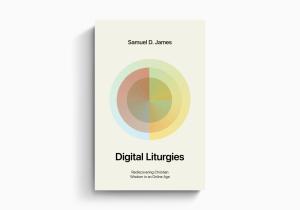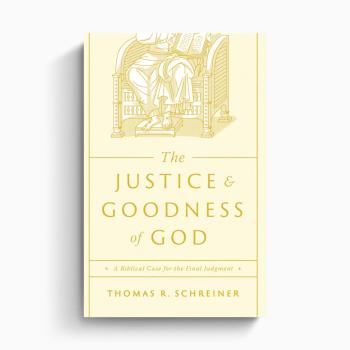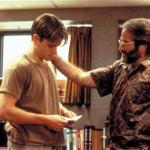Samuel James isn’t offering anything new (the best books don’t), but he brings together a wide variety of ideas and reflections into one devastating conclusion in his new book Digital Liturgies: Rediscovering Christian Wisdom in an Online Age.
At the heart of this book are two claims:
“First, the Bible lays out the wisdom we need to live faithfully and fruitfully before our Creator. Second, the internet is an epistemological and moral habitat that makes such wisdom seem like foolishness. By digging deep into the effects of the web, we can see its shape more clearly. As we contrast our digital habitats with biblical wisdom, we see the way God’s word reorients us and pulls us back from the beliefs and attitudes that we tend to cultivate online.” (167)

The bulk of this book focuses on the latter of these points, without losing sight of the former. Over and over James drives home the point that not only do we use the internet, but increasingly we are shaped by it as it defines the world we live in. (And yes, I’m aware that I’m writing this and you’re reading it on the Internet–so don’t bother pointing out the irony or the Simpsons reference here.) This doesn’t mean we should stop using the internet. That’s probably not really possible anyway in the modern world. But it does mean that we should be aware of it and fight all the harder for the kind of faithful holiness we are called to as believers.
If Digital Liturgies is heavy on encouraging reflection, it is light on prescription. James generally doesn’t give us any to-do lists or helpful hints for breaking our digital addictions. Instead, he encourages us to recognize the problem and set the broad goal of living accordingly. That is to say, we should recognize the “digital liturgies” we live in–he simply doesn’t give us much in the way of non-digital liturgies as alternatives. And generally I think this is wise. Any suggestions wouldn’t outlast the next technological change anyway. Whatever we try to do to offset the awful power of tech will simply be steamrolled by the next technological development.
So pick this book up and read it, but don’t just read this book (and try to get the paper copy, if only to avoid further ironies). Do more–go for a walk, spend some time with family, and participate in the life of the church. Build alternative liturgies that exist in the real world rather than in the digital one. Here I’m going beyond what James tells us, but we all know we need to do it. And Digital Liturgies is a great place to begin reflecting on just what that should look like.
Dr. Coyle Neal is co-host of the City of Man Podcast an Amazon Associate (which is linked in this blog), and an Associate Professor of Political Science at Southwest Baptist University in Bolivar, MO













